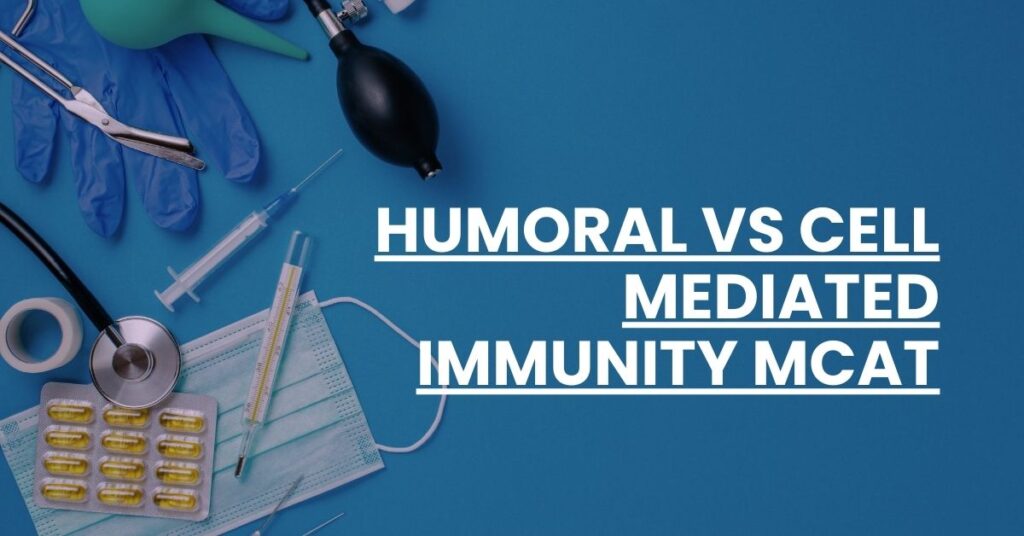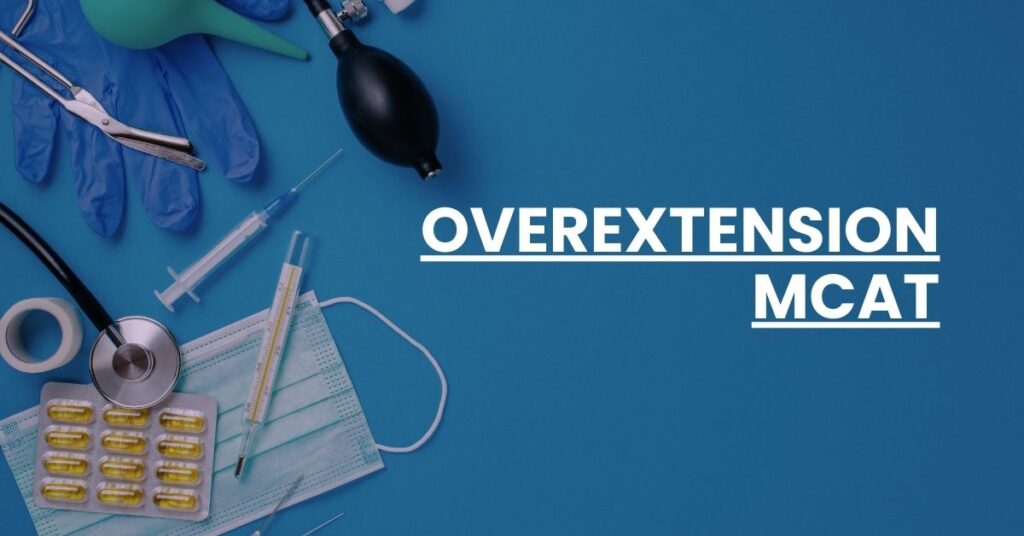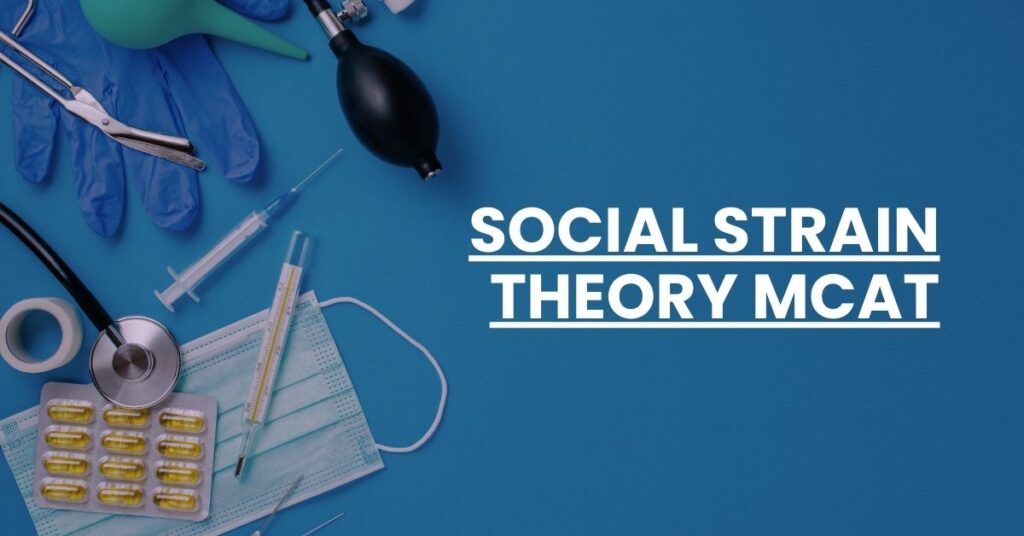Meritocracy MCAT
The Meritocracy MCAT concept refers to the ideal that the Medical College Admission Test (MCAT) offers a level playing field for all applicants, where success is based on individual merit and ability. It’s a cornerstone of the admission process into medical school, ensuring candidates are evaluated on capabilities and knowledge, rather than background or connections. […]









